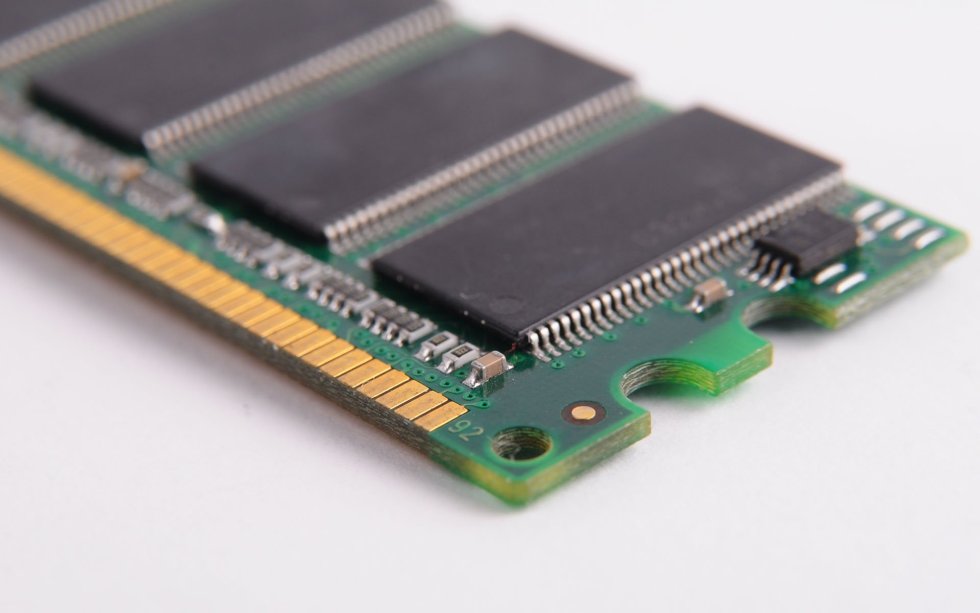Sales of DRAM chips in Japan and the rest of the world have declined. The lull in cryptocurrency prices and the decline in smartphone sales are likely responsible for the decrease in sales.
Lower Prices Cool Crypto Enthusiasm
According to a recent Morgan Stanley report, the decline in cryptocurrency prices has negatively impacted the semiconductor market. With crypto prices falling, miners can end up operating at a loss. Morgan Stanley previously stated that Bitcoin mining is not profitable at prices below $8,600.
The meteoric rise of the market drove demand for DRAM (dynamic random-access memory) chips, with manufacturers receiving orders from companies they hitherto didn’t do business with before, notably crypto miners. However, since the start of 2018, the crypto market has lost about 50 percent of its value.
In Japan, the slump in DRAM sales seems to be more profound. Speaking to local media, shop owners at the Akihabara electronics district in Tokyo decry the decline in their sales figures. One store clerk even said:
Until February, we would receive ten calls a day asking if we had such and such video cards in stock. These days, we’re doing well if we get one such call a week.
The initial spike in the prices of memory chips between 2016 and 2017 was a bit of a misnomer. Usually, memory chip prices decline over time. The increase in demand from crypto miners caused an unusual market condition in the industry. As a result, manufacturers nursed hopes that a new consumer niche had emerged. However, barring any resurgence in cryptocurrency prices, those hopes appear premature.
Declining Phone Sales
The reduction in smartphone shipments to China may have also contributed to the dwindling DRAM sales. With Apple cutting the production of the iPhone X and the weakening of phone sales in China, demand for DRAM has fallen considerably. NAND, DRAM’s competitor in the memory chip market, is also experiencing declining sales. As a result, there are real fears that the entire semiconductor market might bottom out.
The emergence of fifth-generation (5G) mobile technology offers a ray of hope for the market. With its increased data traffic and high-speed capabilities, 5G technology requires a lot of memory space. However, the earliest optimistic estimate for the rollout of 5G mobile is 2019. Thus, DRAM prices might suffer more until 5G comes on board. According to a Techno System executive, Takahiko Komada, the demand for DRAM is not likely to increase in 2018.
Of course, many analysts are predicting that Bitcoin will surge in value by the end of the year, which may bring a little holiday cheer to the manufacturers of DRAM chips.
Will DRAM sales go up if the crypto market experiences a prolonged bull run? Let us know in the comment section below.
Image courtesy of Shutterstock and Bitcoinist archives.
